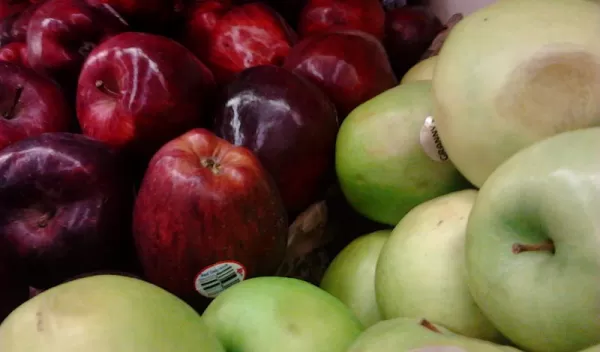
Climate intervention offers some crop benefits, but abruptly ending it may backfire
Geoengineering -- spraying sulfur dioxide into the atmosphere to combat global warming -- would only temporarily and partially benefit apple production in northern India, according to a new study.
Moreover, abruptly ending geoengineering might lead to total crop failure faster than if it were not done at all, according to a U.S. National Science Foundation-supported study published in Climatic Change.
In a climate emergency, society might decide to spray sulfur dioxide into the stratosphere (upper atmosphere) to combat warming. Such geoengineering, or climate intervention, would create a massive cloud that would block some solar radiation and cool the Earth. But if the spraying were to suddenly cease, there would be a major impact on animals and plants, which would be forced to try to move to suitable habitat to survive.
In the new study, scientists studied the impact of climate change and geoengineering on the production of deciduous fruit in Himachal Pradesh, the second-largest apple-producing state in India. The researchers used a climate model to project temperature changes and shifts in suitable habitat for apple orchards under a moderate greenhouse gas emissions scenario and efforts to limit warming.
"We found that climate change would reduce apple production by affecting the winter chill period necessary for the plants," said Alan Robock of Rutgers University. "But geoengineering would have limited benefits and could backfire if it ended suddenly."
Since the study was done with one climate change and geoengineering scenario for one crop in one part of the world, other studies are needed, Robock noted.
